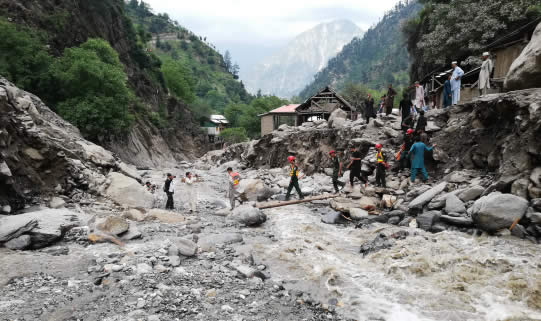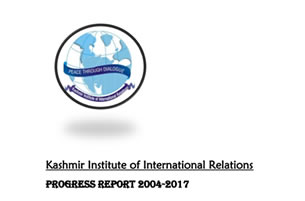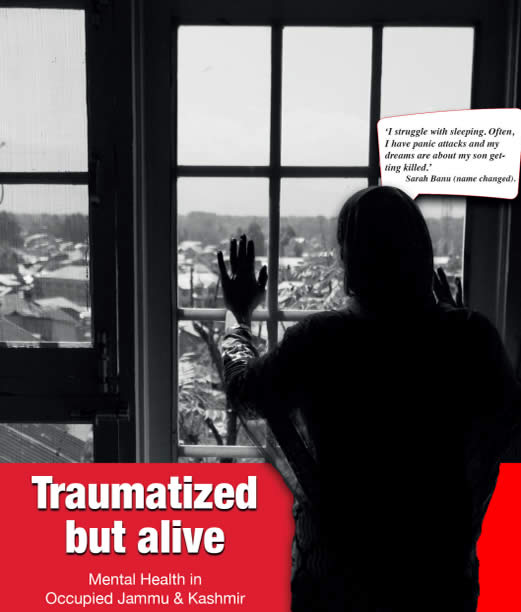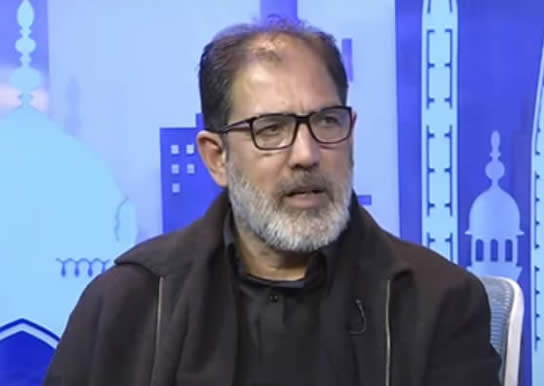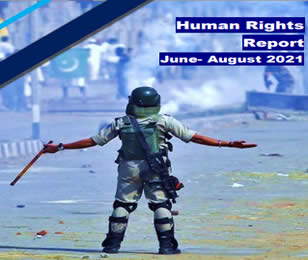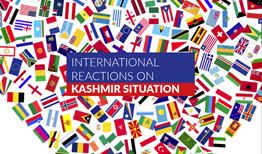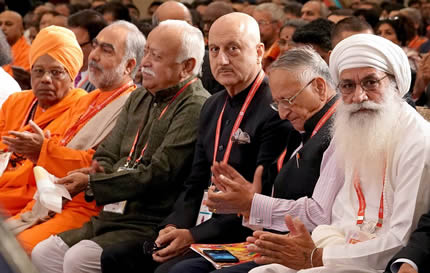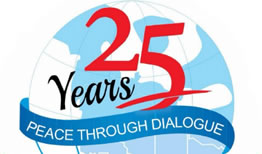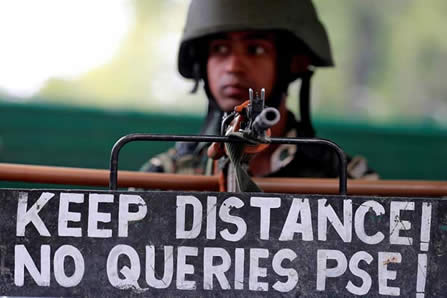Article 370 Verdict JUDICIAL BETRAYAL
Article 370 Verdict JUDICIAL BETRAYAL
The much-anticipated ruling on Article 370 by a five-judge bench of the Indian Supreme Court, led by Chief Justice D. Y. Chandrachud, has concluded, raising concerns and controversies surrounding the J&K Reorganisation Act. In a swift 16-day debate, the court's verdict, mirroring the J&K Reorganisation Act, has been met with celebrations in New Delhi but marks another betrayal of promises made to the people of Kashmir.
By: Mehr un Nisa
The court's handling of this high-profile case, entangled with the J&K Reorganisation Act controversies, has left many hoping for a more nuanced and considerate approach. Instead, the verdict seemed to mirror the J&K Reorganisation Act, potentially reinforcing concerns rather than addressing them. It is crucial to recognize that this decision goes beyond legal intricacies—it touches the core of promises made to the people of Kashmir over the decades.
The erosion of Kashmiri identity began in the 1950s and despite the fig leaf of Article 370, the recent judgement signals a continued disregard for promises made from the Delhi Accord of 1950 to the 2014 governance agenda. Article 370, guaranteeing autonomous status to J&K, is now a distant memory, eroding the state's special privileges. The judgment is a disappointment for mainstream parties advocating for J&K's accession to India. However, for those emphasizing Kashmir's resolution, like the Hurriyat, it holds no weight, as they believe no court judgment influences their core issue.
The authoritarian approach, while potentially consolidating the Indian government's control, does little to bridge the widening gap between Srinagar and New Delhi. A judicious verdict could have provided solace to the perplexed masses in Kashmir and restored confidence in state institutions. Unfortunately, the judges appear to have prioritized satisfying the collective conscience of the present government over addressing the legitimate concerns of the petitioners. Legal experts argue that the judgment misinterprets the Instrument of Accession, granting Parliament limited powers in defense, foreign, and communications. The court's reliance on this instrument ignores its conditional nature, as stated in the Maharaja's letter to Lord Mount-batten.
Internationally, Pakistan and China reject the ruling's validity, emphasizing that the conflict's nature remains unchanged. China asserts its territorial claims, further complicating an already intricate issue. The Supreme Court's decision goes against promises made to Kashmir, adding complexity without a resolution. All stakeholders must engage in a constructive and result-oriented dialogue, ensuring a solution acceptable to all parties and beneficial for the entire region.
Related Reports


























